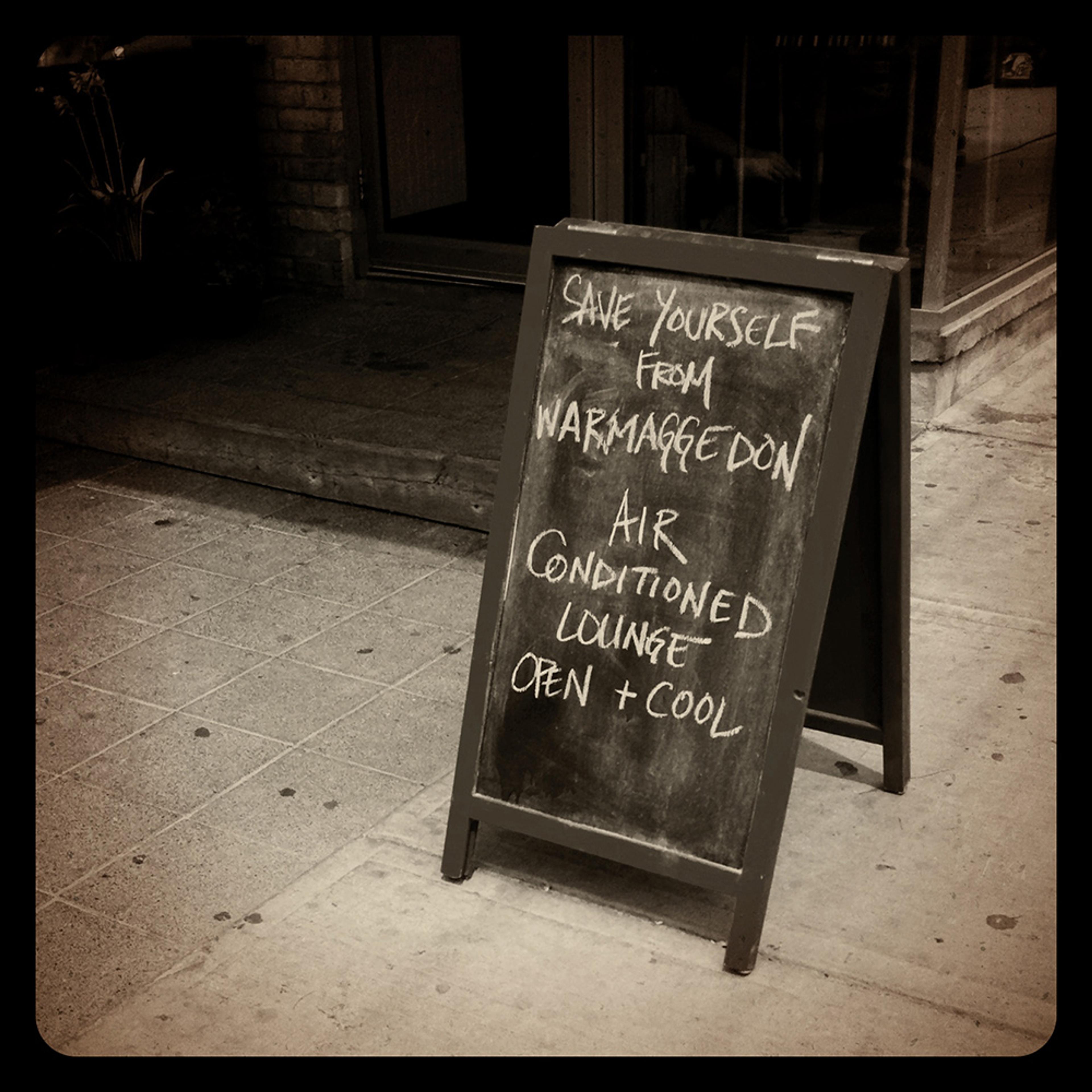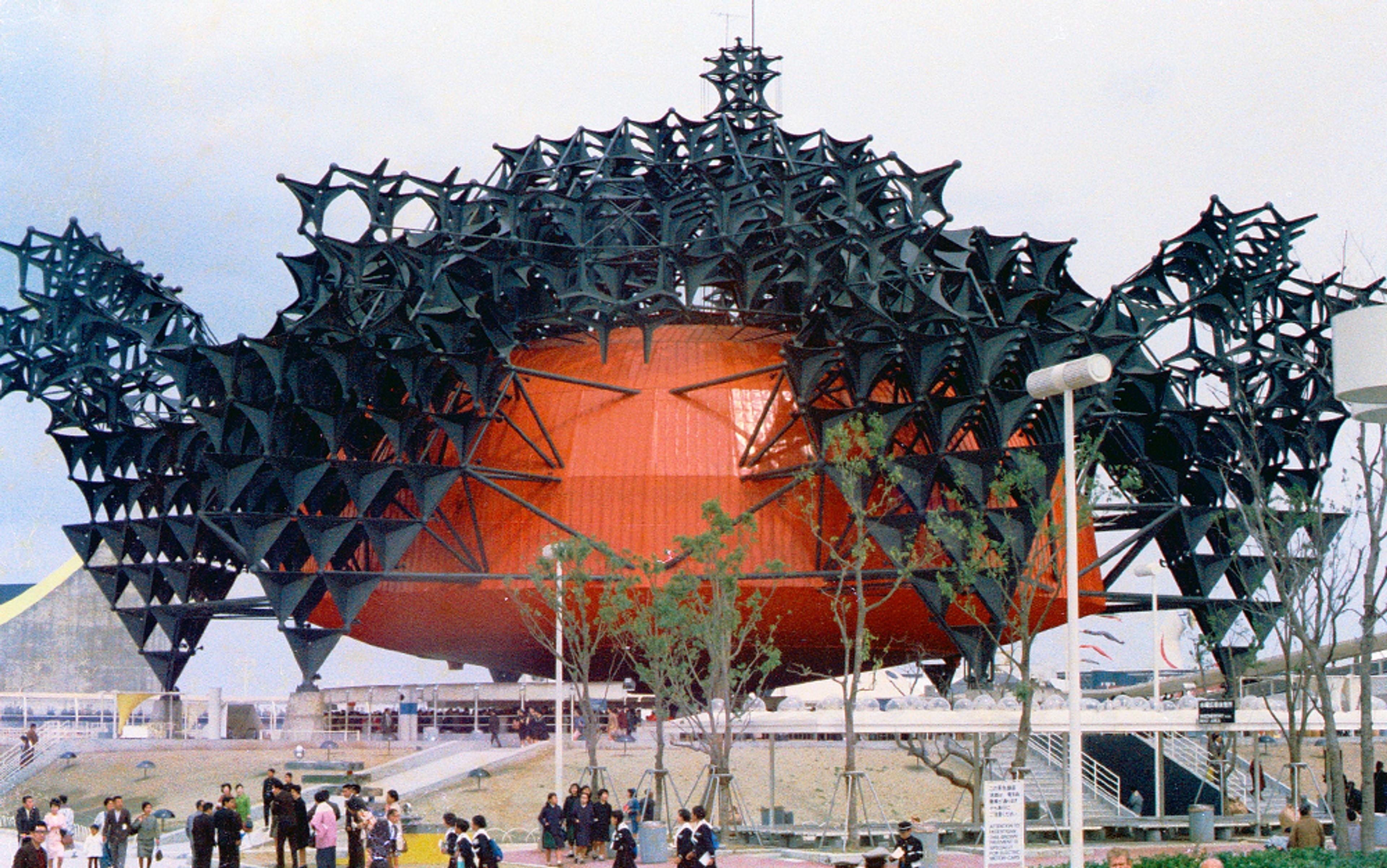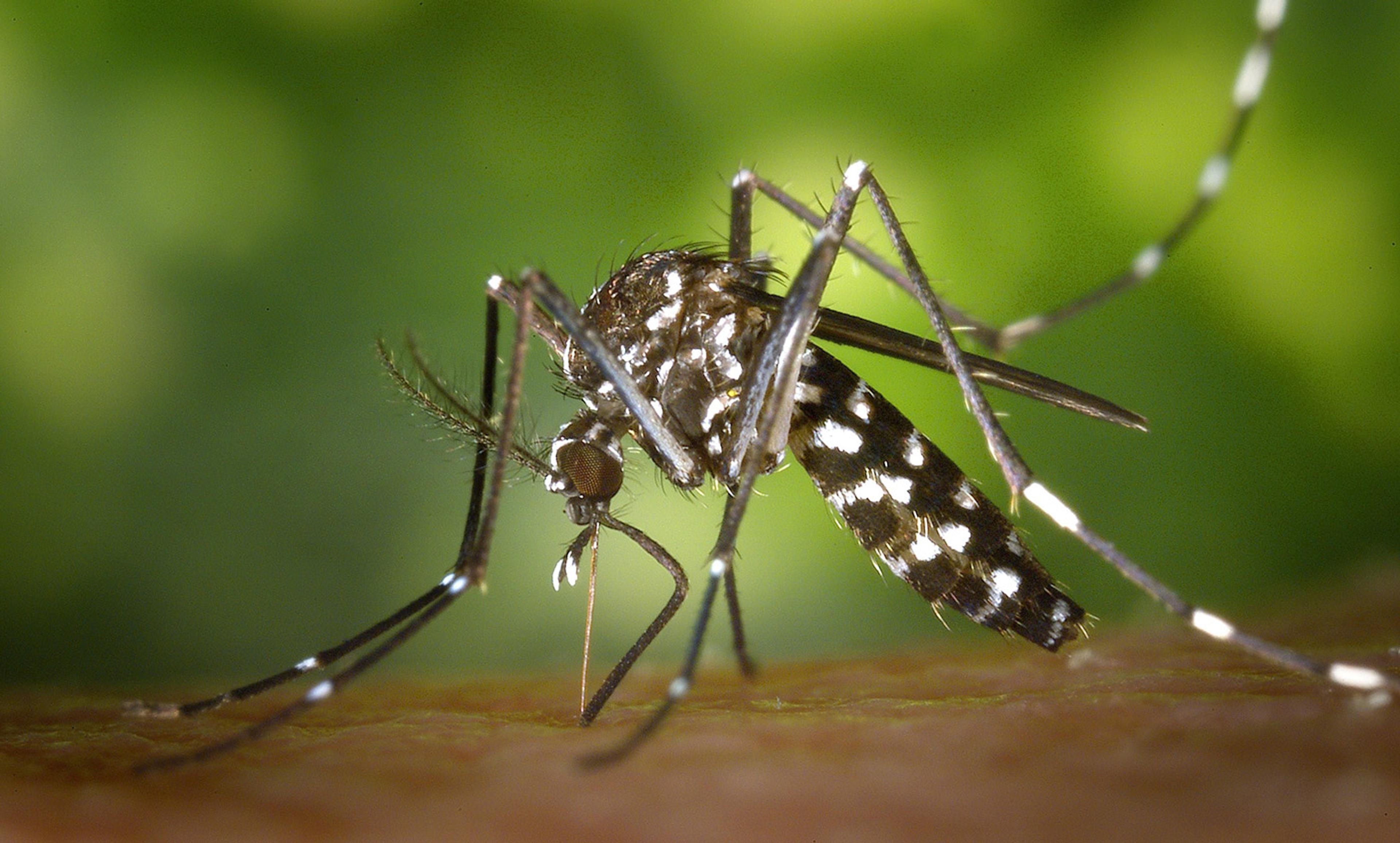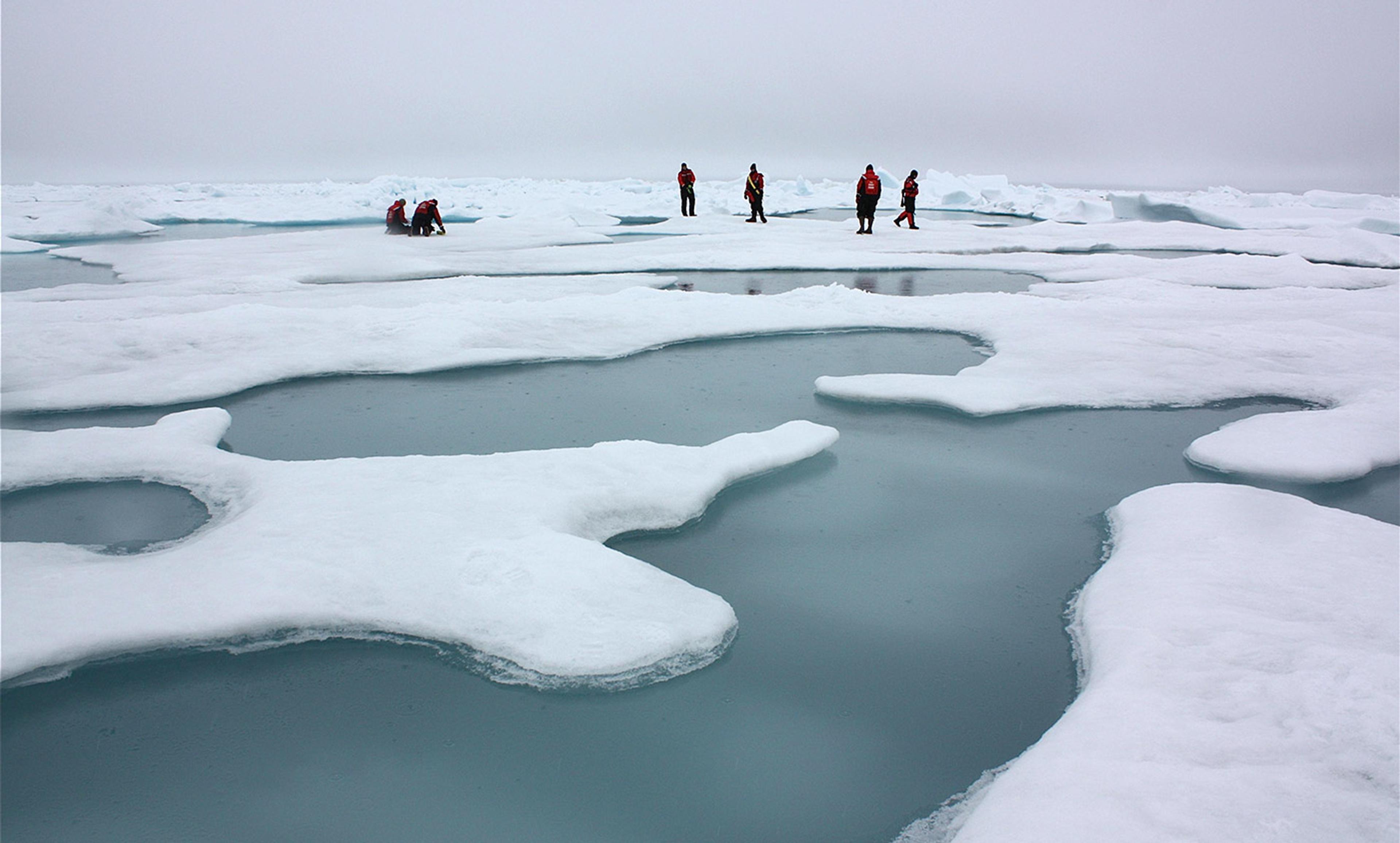Ryan/Flickr
In the 1840s, a Florida doctor-turned-inventor named John Gorrie decided that his patients needed relief from the soggy southern heat. After some tinkering, he came up with a machine, powered by a steam engine, that actually produced cool air; it even could be rigged to make ice. He saw limitless possibilities, writing jubilantly: ‘We are able to cool a city to any degree required by the habits, comfort and health of its inhabitants,’ and patented his contraption in 1851. In response, he ran into a wall of snickering disbelief. Newspapers from New York to Bombay had a wonderful time laughing at Gorrie, referring to him as a ‘crank’ and his machine as a ‘cock-and-bull story’. Destitute, his invention forgotten, he died four years later.
A suitable prequel to the story of air conditioning.
A/C is high up in the lists of greatest inventions ever. But, like television, it seems to be one of those devices we love to despise. Think back to last summer, and the international uproar over the discovery that men and women have different ideas of comfort (the headline in The Washington Post was apocalyptic: ‘Frigid Offices, Freezing Women, Oblivious Men: An Air-Conditioning Investigation’). Or the poll showing that three-quarters of all workers ‘are unhappy with the temperature in their workplace’. Or, as we’re pointing fingers, the number of acquaintances (mine, at least) who grumbled during recent weeks, when temperatures in New York City spiked to unseasonable levels and wails of: ‘Oh, God, we’re back to air conditioning!’ rose from every corner.
This hostility is unfortunate. Not only does air conditioning allow you to work in a tightly sealed glass box without being asphyxiated; it allows you to sit through a movie in August, and it allows those movies to be filmed in soundproof studios without the lights setting the actors’ hair on fire. It allows you to have chocolate during the summer. It allows mainframe computers to – well, to exist. And in Dubai, it allows you to ski, heat index be damned, in a building that offers five acres of manmade snow, a chairlift, and penguins.
The problem could be that, between heating and cooling, humans instinctively find heating more comprehensible – strike the flint, watch the flame grow. But generating coolth (a 16th-century English word) has always required more equipment, and seemed more magical, and in consequence has been viewed with more wariness. In 1620, the Dutch inventor-grandstander Cornelis Drebbel stunned King James I when he chilled the atmosphere inside Westminster Abbey on a hot July day by mixing saltpeter with snow. Even though this was known chemistry, at the time it was viewed only with alarm, a necromancer’s trick.
Two-and-a-half centuries later, the Broadway producer Steele MacKaye lavished $10,000 on an extraordinarily sophisticated ventilation system for his theatre, one that filtered every whiff of incoming air and passed it through four tons of ice. In the 1880s, theatres customarily had no ventilation, and summertime playgoing was so horrendously hot that most shows closed until cooler weather, but MacKaye was able to keep his auditorium at 70 degrees Fahrenheit (21 degrees Celsius) straight through the summer… and he got complaints from audience members who had caught cold.
Things weren’t much happier in 1895, when the Chicago Telephone Company was having such problems with the air quality in its switchboard room that it installed an ‘air washer’, machinery that promised to filter the atmosphere through a fine mist, spin out the moisture, and return it ‘as good as if it had just come from the mountains’. But there were glitches. Upon learning that their workroom’s windows would be caulked shut, the operators panicked. Once reassured that they wouldn’t suffocate, they discovered that the air washer was terrible at removing moisture, making them even more humidly uncomfortable than before. Then they discovered that the ceiling-mounted air outlets tended to drip water on their heads.
It wasn’t until the 20th century that the American engineer Willis Carrier designed something more reliable – a system dubbed ‘air conditioning’. But few Victorian-era, sweat-builds-character souls wanted to admit that people might benefit from such a contraption: the first A/C installations were there strictly to aid factory production. Not until 1903 was an air-conditioning system installed specifically to make human beings comfortable, at the New York Stock Exchange. At the time it made national headlines. And had few imitators.
The average citizen was first exposed to conditioned air in the 1920s when Hollywood realised that, in summer heat, cool movie houses were the only profitable movie houses. Otherwise, it was the stuff of fantasy. A 1929 article predicted ‘wonderful’ skyscrapers and enthused: ‘Ultra-violet rays and air conditioning, handled by super-ventilating systems, which will supplant windows and other methods of so-called ventilation, will be used to provide healthful and comfortable conditions …’ Easy to write: no such building existed. It wasn’t until the postwar building boom of the 1950s that steel-and-glass towers, relying on air conditioning for every gasp of their atmosphere, arose everywhere. At first they were called miraculous. But within a decade, they were soulless. ‘Unimaginative boxes of air-conditioned office space’; ‘air-conditioned merry-go-rounds’; ‘People tend to go a bit stir-crazy in today’s highly touted sealed-in air-conditioned office buildings.’ After that, air conditioning became ubiquitous – and persecuted, the world’s poster child for Energy Waste. This is unfortunately true; in many places (my own New York City, for one), A/C is overused with frosty see-your-breath recklessness.
For most people, though, the argument is less altruistic and boils down to personal comfort. Simply put: coolth is just as individual a feeling as warmth. It’s obnoxious to be informed that 72 degrees is utter perfection. It’s equally as obnoxious to be informed that, if you can’t stand 95-degree air, it’s because you need toughening up. And never the twain shall meet.
But say these facts don’t matter, and you still think that conditioned air should be banned outright. Why not try an experiment? Go without.
Home life is simple to organise: open windows, switch on fans and, if you’re able to get a night’s sleep, congratulations.
The work day is more complicated. As most office buildings have no operable windows, you’ll want to schedule an occasional oxygen break. If you’re planning on a snack, don’t bring chocolate. (If you do, don’t wear white.) If you visit a store on your lunch hour, don’t be offended if perspiring clerks try to keep your perspiring hands from staining the merchandise. On public transit, when fellow riders lose consciousness, know that it’s proper etiquette to help them up…
… and for reasons legal as well as medical, these scenarios probably won’t occur.
Like it or not, air conditioning has done more than change the temperature; it has remade the world. And it isn’t going away. Precisely because we love it so much, we’ve effectively handcuffed ourselves to a technology that has seduced us into living and working in the steamiest, swampiest locations, in the worst-designed buildings, with the promise of comfort. In exchange, we occasionally become frostbitten in midsummer. Some of us resent it.
Is A/C perfect? By no means. Does it need to evolve? Absolutely. Will it? Ultimately.
While you’re waiting, you may want to bring a sweater.






